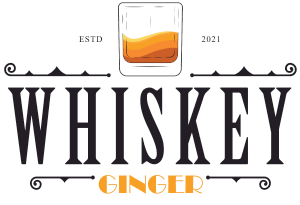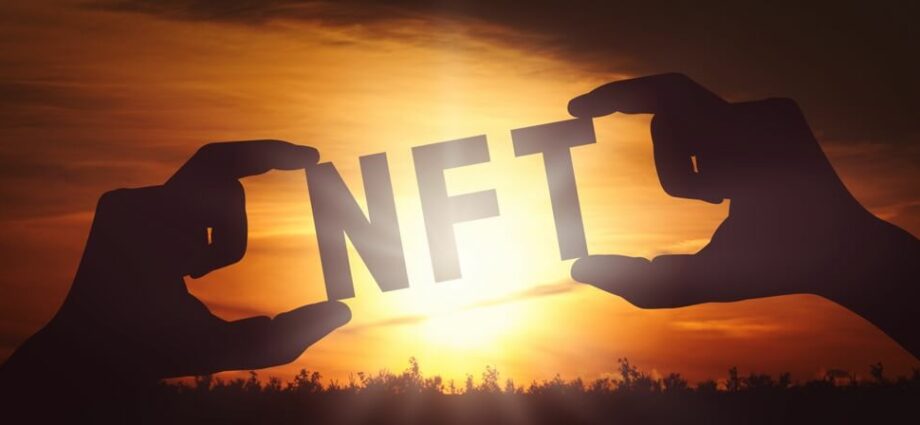Digitalization continues to reshape various sectors, you might be wondering how the spirits industry is being impacted. Enter NFTs (Non-Fungible Tokens). A term more commonly associated with art and collectibles is now making waves in the world of whiskey, bourbon, and spirits.
NFTs and the Spirits Renaissance
Authenticity with NFTs
It’s no secret that provenance and authenticity are paramount in the spirits industry. For you, as a discerning consumer, knowing the origin and ensuring the genuineness of a bottle can greatly enhance your tasting experience.
NFTs are playing a pivotal role in this aspect. With the ability to authenticate and trace the origins of a particular bottle, NFTs can eliminate counterfeit products. You can now be assured that the premium bottle you’ve acquired has a digital certificate verifying its lineage.
Direct-to-Consumer Sales
The traditional distribution model has been a mainstay in the spirits industry, but it’s not without its limitations. Middlemen and distribution costs can eat into producers’ profits and increase retail prices. Enter NFTs.
By offering limited edition bottles through NFT sales, producers can directly connect with you, eliminating intermediaries. This not only augments the producer’s bottom line but also ensures you’re getting genuine products at potentially better prices. It’s an era where luxury brands don’t just cater to the elite; they’re reaching out, one NFT at a time, to enthusiasts across the board.c
Exclusive Digital Releases
Imagine a world where you’re not just purchasing a bottle, but an experience. NFTs offer the spirits industry the opportunity to release limited edition bottles accompanied by exclusive digital content. This could be anything from virtual distillery tours to interactive tasting sessions. For you, this means your favorite bottle of bourbon might come with a unique, immersive experience that goes beyond the physical.
The Intersection of Collectability and Investment
Much like the rare spirits that sit atop your shelf, NFTs have an inherent collectability factor. But here’s where it gets interesting for you. The spirits industry is exploring the potential of NFTs as a form of investment. Bottles can be tokenized, and you can trade these tokens on various platforms. Your passion for spirits might just become a lucrative investment opportunity.
Sustainability and NFTs: An Unlikely Duo
While the concept might sound a tad unconventional, NFTs are driving sustainability initiatives in the spirits industry. Some brands are using the revenue generated from NFT sales to fund eco-friendly practices. As you savor that glass of whiskey, it’s heartening to know that your purchase might be contributing to a greener planet.
Transparent Transactions and Informed Choices
The path to transparency in the spirits industry is being paved by NFTs. A verifiable, tamper-proof digital record of products, be it their history or provenance, is a game-changer. Platforms like Vivino, known for their wine and spirit ratings, are embracing this technology. Their objective?
Offering you an infallible system to gauge products. So, the next time you’re contemplating that bottle of vintage wine, you’re not just relying on a rating. You have a digitally authenticated testament to its authenticity.
The US at the Forefront
While the global spirits industry is gradually warming up to the idea of NFTs, the United States is spearheading this change. American producers, ever eager to innovate, are actively integrating NFTs into their business models. For you, this means more choices, more transparency, and a seamless bridge to your favorite brands.
Case in Point: Domaine Eden’s Innovative Approach
Consider Domaine Eden’s strategy, a bold move that showcased the potential of NFTs. Their limited edition “Eden 61” wine was an exclusive offering, only accessible through an NFT auction. The outcome? A massive engagement wave, allowing them to tap into a previously uncharted audience segment.
And while Domaine Eden’s approach was groundbreaking, it’s merely the tip of the iceberg. As more brands recognize the potential of NFTs, you can expect more such exclusive offerings tailor-made for the discerning American palate.
Is It Purely Beneficial for the Industry?
For every proponent championing the benefits, there’s a skeptic pointing out potential pitfalls. Here’s a closer examination of the less-discussed, contentious angles that might make you rethink the unbridled optimism surrounding NFTs in the spirits realm.
The Digital Divide Widens
As the spirits industry becomes more digital, producers who can’t keep up could be left behind. Not every vineyard or distillery has the resources to venture into the NFT space. If you’re a connoisseur of boutique brands or small-batch releases, your favorite label might find itself at a disadvantage, struggling to maintain relevance in an NFT-dominated marketplace.
Environmental Concerns Take Center Stage
While you might be relishing that exclusive bottle purchased via an NFT, it’s worth noting the environmental implications of blockchain technology. The energy consumption of blockchain, especially Ethereum which most NFTs are based on, is significant. Your digital purchase might have a carbon footprint that’s in stark contrast to the eco-friendly principles many spirit brands advocate.
Accessibility Issues Arise
Exclusive NFT auctions may bring prestige and allure, but they can also limit access. As more luxury spirits leverage NFTs for limited releases, it might escalate prices and make certain products inaccessible to the average consumer. You might find yourself priced out of the market for a bottle you once loved.
Over-Reliance on Digital Provenance
The tangible, sensory experience of buying spirits—examining a bottle, reading its label, perhaps even visiting the distillery—holds a romantic charm. With NFTs assuring digital authenticity, there’s a risk that producers might overlook physical counterfeiting methods. Your trust in the digital certificate might be unwavering, but what guarantees the bottle in your hand hasn’t been tampered with?
Market Speculation Over Genuine Enthusiasm
The NFT space, being relatively new, is rife with speculation. There’s a valid concern that some might enter the spirits market not out of love for the drink but to capitalize on the NFT hype. This could lead to market volatility and price inflation, potentially detracting from the genuine appreciation of spirits. You, as a consumer, could end up navigating a market more influenced by digital traders than spirit enthusiasts.
What This Means for You
NFTs have ushered in a transformative era for the spirits industry. At the forefront of this change, there’s a promise of unparalleled authenticity and direct-to-consumer sales. By digitizing the sale and tracking of spirits, producers can now bypass traditional distribution, reaching a more extensive, engaged audience.
Brands like Domaine Eden have already leveraged NFTs to create buzz and accessibility for limited releases. Rating platforms, such as Vivino, have adopted NFTs to ensure the veracity of their evaluations.
However, this digital wave also brings challenges. The divide between tech-savvy brands and those less inclined to adapt is widening. Concerns about the significant energy consumption of blockchain technology juxtapose the sustainable principles many spirits brands uphold. While NFTs promise exclusivity, they might also escalate prices and restrict access. Over-reliance on digital authenticity might overshadow tangible counterfeiting, and market speculation could overshadow genuine spirit appreciation.
In my opinion, NFTs undoubtedly present opportunities that could revolutionize the spirits industry, offering transparency, enhanced customer engagement, and assured authenticity. But it’s essential to approach this innovation with caution, ensuring it augments the spirit experience rather than overshadowing the essence of spirits: taste, legacy, and shared moments.

